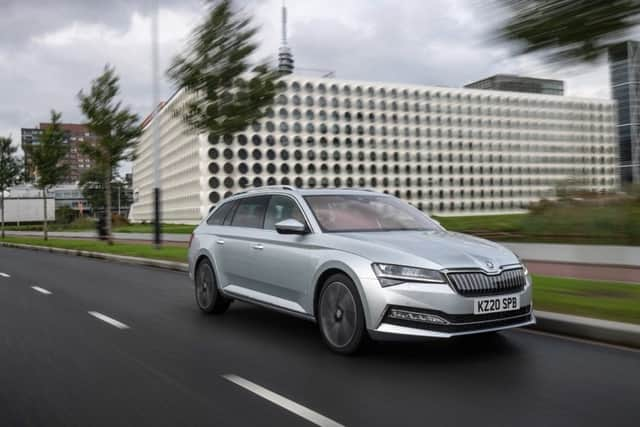The best hybrids cars of 2020
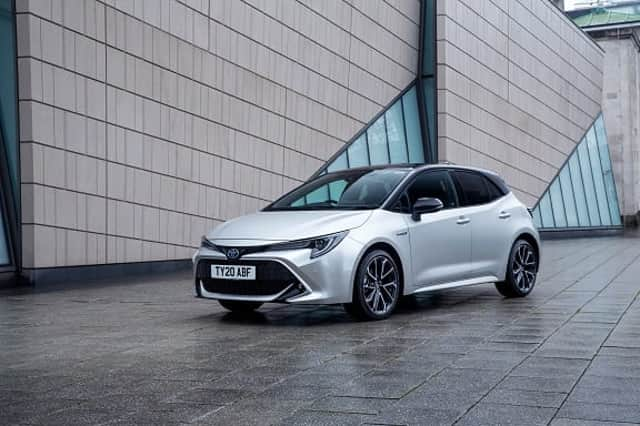

2020 seems to be the year when many manufacturers are throwing their weight behind electric cars.
Many major brands have one or more pure electric vehicles coming out this year and many more in the pipeline.
Advertisement
Hide AdAdvertisement
Hide AdWhile the idea of emissions-free motoring sounds great, pure electric still isn’t right for everybody, which is why the market is also packed with hybrid models ranging from the mildest of mild hybrids to plug-in hybrids that offer 50+ miles of electric-only range.
If you’re not sure which alternatively fuelled option is right for you then read our guide here. But if you’ve decided hybrid is the way forward, here are 10 of the best on the market right now.
Toyota Prius
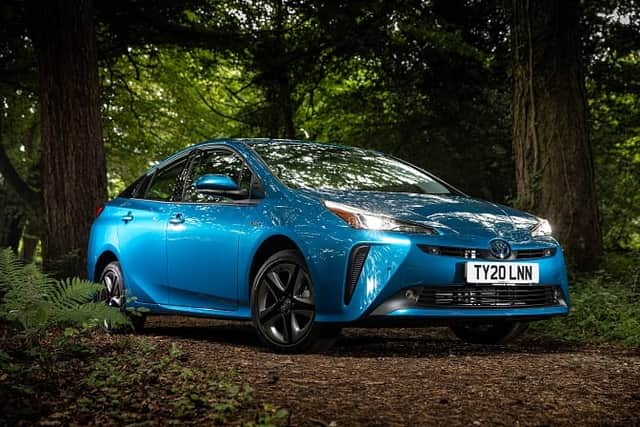

The Prius is the granddaddy of hybrids and the car that did more than any other to bring the concept to the wider world. It’s now in its fourth generation and its technology has moved on a lot since 1997. The newest model, which shares its drivetrain with several other Toyotas, now packs a 1.8-litre petrol engine and 53kW electric motor. The regular hybrid offers 60mpg and CO2 emissions of 104g/km but the plug-in option drops emissions to 29g/km and ups claimed economy to around 200mpg. It’s still a slightly odd looking thing but beneath the skin is a spacious family car back by Toyota’s reliability and unrivalled hybrid knowledge.
Volvo XC90 T8 Recharge
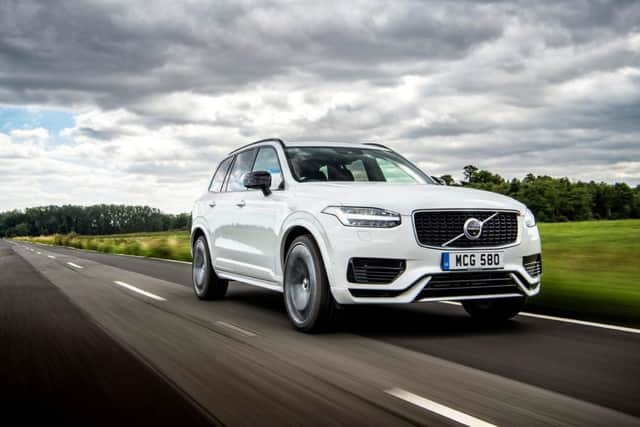

The XC90 T8 is Volvo’s flagship model. A massive, luxurious seven-seat SUV, it epitomises everything the brand has got right in recent years with its elegant styling, comfortable interior and impressive practicality. Its diesel engines are the biggest letdown so the T8 fixes that by pairing a 2.0-litre petrol engine with a 65kW electric motor to provide more than 390bhp via its four-wheel-drive system. That means hot hatch-like acceleration if you’re feeling frivolous but claimed economy of 100mpg if you’re frugal, with an all-electric range of 21 miles.
Advertisement
Hide AdAdvertisement
Hide AdHyundai Ioniq
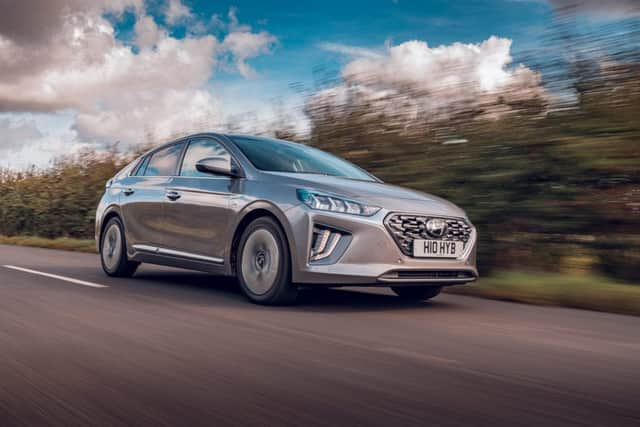

Hyundai has been smart with the Ioniq. Instead of choosing which type of alternative fuel systems you want and then picking the car, with Hyundai you pick the car then decide which drivetrain you want. Whether your choice is serial hybrid, plug-in hybrid or full electric, the Ioniq has you covered. Both hybrids use a 1.6-litre petrol engine, the PHEV gets a slightly more powerful electric motor and substantially larger battery but offers the same 139bhp. On top of the powertrain is a four-door family hatchback to rival the Prius, but at a lower price.
Toyota Corolla
The Prius’s better looking younger sibling. The Corolla isn’t quite as big as the Prius but it’s better to look at, better to drive and comes in a choice of hatchback, saloon or estate forms. There’s no plug-in option but there are two hybrid choices. The same 120bhp 1.8 petrol/electric setup as the Prius is joined by a more sporting-oriented 2.0-litre option with 181bhp, which packs a surprisingly pleasing punch. Both offer economy of more than 50mpg and sub 130g/km emissions.
BMW 330e
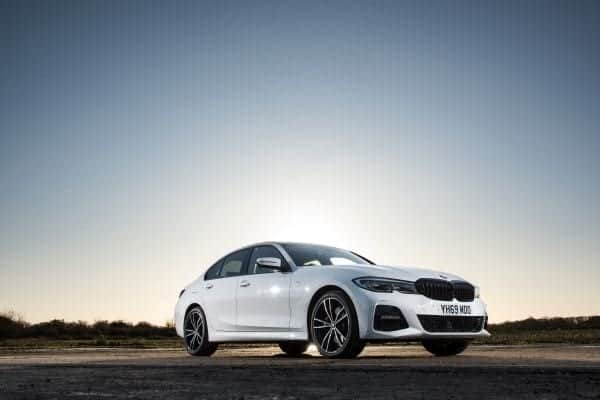

BMW’s evergreen compact saloon has moved with the times so along with a variety of petrol and diesel engines, the 330e offers a plug-in hybrid. It’s good for 249bhp (289 when there’s enough charge for the XtraBoost function) claimed economy of up to 201mpg and up to 35 miles of zero-emissions motoring. If the 3 Series isn’t quite big enough, the 530e uses the same drivetrain but offers a step up in size and price.
Kia Niro
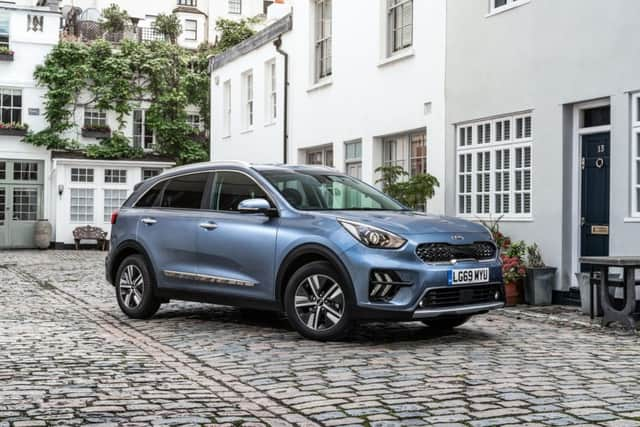

Like the Hyundai Ioniq, Kia’s Niro crossover comes in pure EV form as well as “self-charging” hybrid and plug-in hybrid derivatives. Pitched somewhere between a regular hatchback and the Sportage SUV, it’s a practical and family-friendly option offering up to 201mpg and CO2 emissions of just 31g/km in PHEV form.
Advertisement
Hide AdAdvertisement
Hide AdSkoda Superb iV
